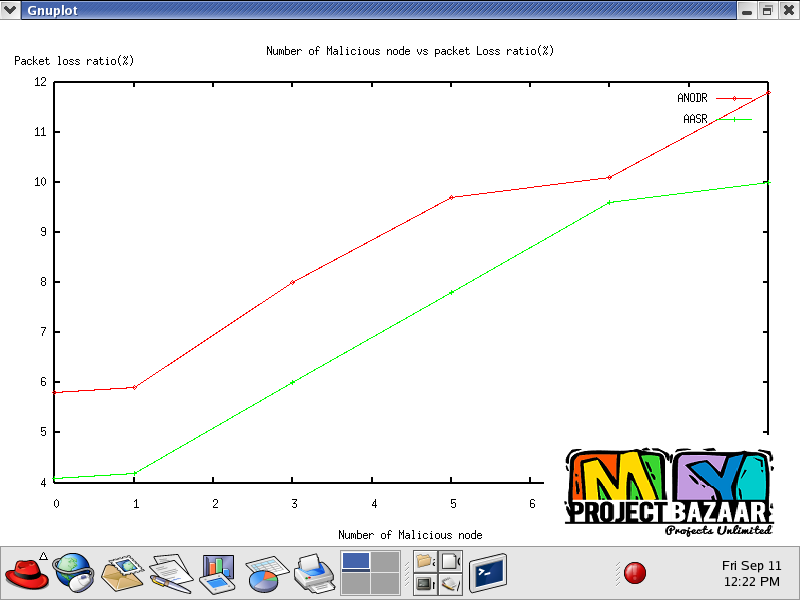Delay Analysis of Multichannel Opportunistic Spectrum Access MAC protocol
Our Price
₹3,500.00
10000 in stock
Support
Ready to Ship
Description
Delay analysis of multichannel is the most important issue that has been implemented in design of wireless networks. When we are going to the larger network traffic and delay is increased. In this paper we proposed a comprehensive delay and queuing analysis for two medium access protocol for multi-user Cognitive radio networks. The opportunistic spectrum access communication models implemented by Cognitive radios offer both the capacity to decrease the expense of communication infrastructure and also improve the quality of communication. This paper enhances the facility to reduce the competition over the control channel using clustering approach. As performance increases among the transmission of nodes, the delay is decreased. The main objective of this project is providing a comprehensive modeling and analytical delay analysis for a multichannel cognitive radio network with both buffering and switching recovery policies. To minimize the delay and improves the performance. Cognitive radio (CR) has emerged as one of effective methods to enhance the utilization of existing radio spectrum.. In this paper, different control channel (CC) implementations for multichannel medium access control (MAC) algorithms are compared and analyzed in the context of opportunistic spectrum access (OSA) as a function of spectrum-sensing performance and licensed user activity. The analysis is based on a discrete Markov chain model of a subset of representative multi-channel OSA MAC classes that incorporates physical layer effects, such as spectrum sensing and fading. The analysis is complemented with extensive simulations.
Tags: 2015, Network Projects, Ns2




